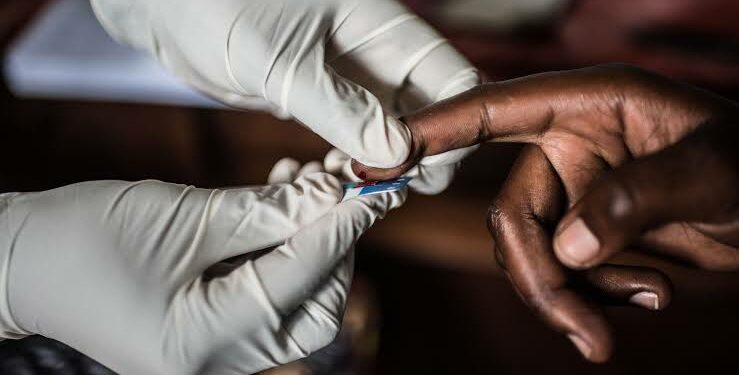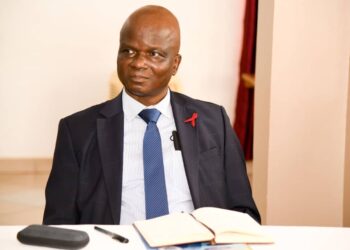There are renewed fears in Uganda of HIV new waves as reports circulate that LGBTQ HIV patients are evading treatment for fear of arrest, due to the recently passed anti- homosexuality law.
HIV/AIDS treatment centres in Kampala are almost empty, weeks after Uganda enacted a law against homosexuals. Medics say the usual daily influx of around 50 patients has all but dried up, and unused antiretroviral drugs have piled up.
Talking to Africa News24, Andrew Tendo, a resident medical officer at the US-funded clinic, warned that new waves of HIV infections were forming even as vulnerable people stayed away from treatment centres, afraid of being identified and arrested under the new laws.
“The LGBTQ community in Uganda is on lockdown now,” he said, adding,“They don’t have preventive services. They cannot access condoms … they cannot access ARTs (antiretrovirals).”
In his state of the nation address at Kololo Independence grounds on June 7th, 2023, President Museveni said that many actors in Uganda and abroad blame him for assenting to the act, yet the law he signed was the one that only curtails those promoting homosexuality and recruiting others especially children to engage in the Vice in Uganda.
“Those who say that the homosexuals will be arrested if they go for medical care etc, are wrong. The law now says that a homosexual will not be criminalized for merely being so if he/she keeps the being to oneself,” President Museveni remarked.
“What then does the law fight? It fights this homosexual when he/she goes from merely being and starts recruiting other people, who are not psychologically disoriented like him or her to be like him, by misinforming or bribing them. There he becomes a criminal and if convicted, he goes to prison for a period, not exceeding 20 years.”
He urged medics not to curtail LGBTQ people from receiving medical attention and added that he will deliver a speech in July to defuse the confusion stemming from his signing of the law.
Until this year, the Kampala clinic had been a beacon of success for the fight against HIV in Uganda, where 1.4 million people living with the virus and 17,000 die a year as a result of its ravages, according to the state-run Uganda AIDS Commission.
“Now, though, when patients do come in, it’s often out of absolute necessity,” said Tendo, adding that the HIV cases presenting had become more severe an indicator that patients might have skipped treatments.
Uganda’s health minister Hon. Jane Ruth Aceng disputed a suggestion from a US official that the law would reverse the country’s gains fighting HIV/AIDS, saying last week that the government would ensure that prevention programmes would remain accessible to those that needed them.
According to Mary Borgman, the country director for the US President’s Emergency Plan for AIDS Relief (PEPFAR), which funds the Kampala clinic said that it is evident at the national level that HIV gay patients have started circumventing treatment for fear of serious reprisals from the state.
She said that most people are frozen in fear which has deterred them from coming in for treatment ever since the anti-gay bill was introduced in parliament in March.
“I am afraid to leave home. I felt so sad when the law was enacted because we fear PEPFAR will cut off funding for the free services we have been receiving,” a 27-year-old gay man, who asked not to be identified for fear of being targeted by authorities told Africa News24.
Worse still, there are fears of reduced American funding in the fight against HIV/AIDS in Uganda. After Museveni signed the bill into law, US President Joe Biden directed his National Security Council to assess the implications for US engagement with Uganda, including PEPFAR.
It should be noted that in the 2021/2022 fiscal year, PEPFAR provided USD.418.4 million in funding to Uganda, more than half of the country’s HIV/AIDS treatment budget.
The programme has been instrumental in Uganda’s progress against HIV/AIDS, which includes a nearly ten-fold reduction in mother-to-child HIV transmission over the past two decades.
It is estimated that PEPFAR’s support for the scale-up of antiretroviral treatments in Uganda helped to curtail nearly 600 aound 1000 HIV-related deaths between 2004 and 2022.
Do you have a story in your community or an opinion to share with us: Email us at editorial@watchdoguganda.com













